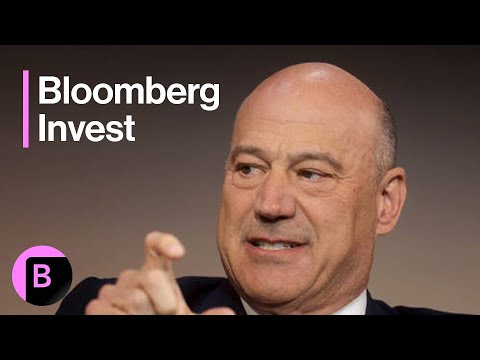Gary Cohn, Vice Chairman of IBM, discussed the evolution of AI, emphasizing its advancements and the importance of businesses adopting AI technologies to remain competitive, while also highlighting the efficiency of smaller, targeted AI models. He advocated for a balanced regulatory approach and suggested that while AI may displace some jobs, it will ultimately create new opportunities and enhance productivity.
In a recent discussion, Gary Cohn, Vice Chairman of IBM, shared insights on the evolution of artificial intelligence (AI) and its implications for businesses. Cohn highlighted that IBM has been involved in AI and machine learning for over 50 years, noting that the technology has significantly advanced since the days of winning on “Jeopardy!” He emphasized that today’s AI can access real-time data, making it more efficient and capable than earlier models. Cohn described the current phase of AI as an evolution rather than a revolution, with more CEOs now understanding how to implement AI effectively in their organizations.
Cohn addressed concerns about businesses potentially falling behind in AI adoption, reassuring that it’s never too late to start. He pointed out that while companies may face competitive disadvantages if they lag in AI implementation, they can quickly catch up by identifying opportunities within their operations. He provided an example from IBM, where the introduction of an HR chatbot streamlined processes, improved employee satisfaction, and allowed for the redeployment of staff to more valuable roles.
The conversation also touched on the cost of developing AI technologies. Cohn noted that while large language models require significant investment, smaller, targeted AI models are proving to be more efficient and cost-effective. He mentioned that many companies are now focusing on these smaller models to meet specific business needs, which can lead to better productivity and lower operational costs. Cohn believes that the future of AI will involve a mix of both large and small models, with the latter being more prevalent in practical applications.
Cohn discussed the importance of investing in technological infrastructure, likening it to the early days of the internet. He acknowledged that while there may be waste in current investments due to rapid technological advancements, companies must start building their capabilities now to remain competitive. He emphasized that AI will continue to evolve and improve, ultimately leading to better optimization of resources and processes within organizations.
Finally, Cohn addressed the regulatory landscape surrounding AI, advocating for a balanced approach. He argued that regulated activities involving AI, such as healthcare diagnostics, should remain under strict oversight, while less critical applications, like music recommendations, may not require regulation. Cohn concluded by discussing the potential impact of AI on job markets, suggesting that while some roles may be displaced, new opportunities will arise, leading to a net positive effect on employment and productivity in the long run.
